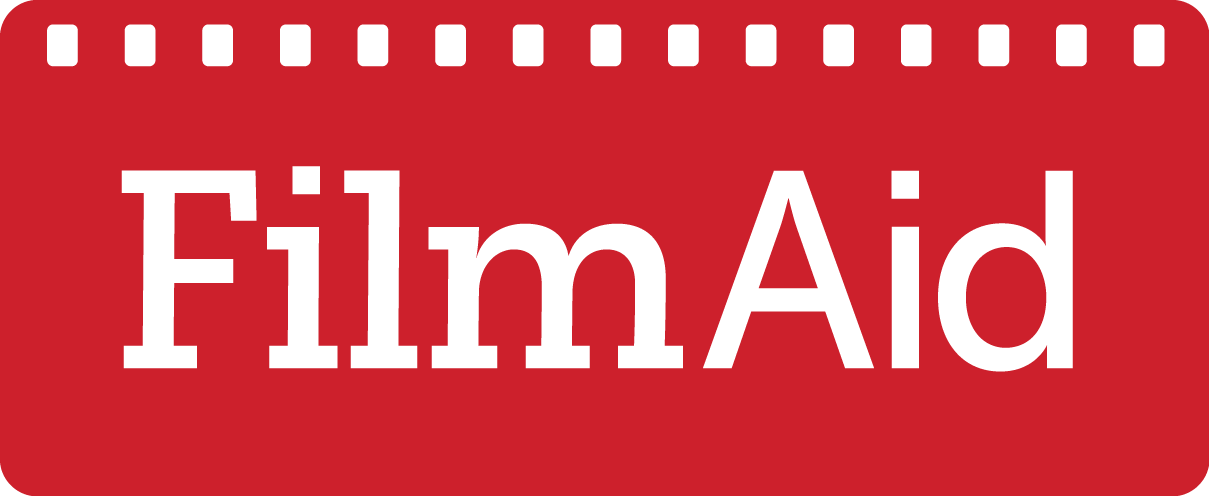On the 25th of November, the 16 Days of Activism Against Gender Based Violence launched worldwide. Across the globe, there have been numerous acts from millions of people symbolizing their support for this essential cause. The Refugee Magazine is honoring the 16 Days of Activism with this special edition dedicated to the issue of early marriage.
“if levels of child marriages continued at the current rate, 39,000 girls under the age of 18 will be married daily in the coming years - that’s 14.2 million girls a year.”
All these children face serious danger to their physical and mental health as a result of being married at a young age than if they married later in life: girls under 15 are five times more likely to die during childbirth; child brides are at a higher level of risk of contracting HIV from their older husbands, and young girls under 18 are more likely to experience domestic violence.
Containing interviews with victims and survivors of early marriage and GBV and those dedicated to ending it, this edition is a powerful collection of personal stories, facts, and figures that hope to continue the movement to end early marriage and Gender Based Violence worldwide.
To read the full edition of The Refugee Magazine, 16 Days of Activism Special, please click here.
The Refugee Magazine is now in its fifth year, and continues to entertain, inform, and give a voice to those living in the camps. If you'd like to read more then follow our Refugee Magazine Blog Series on our Stories page.
And as always, if you'd like to support FilmAid's training and empowerment of local writers, filmmakers, producers and actors, you can donate here.






